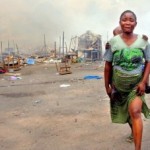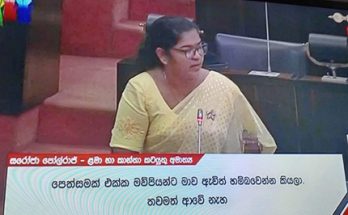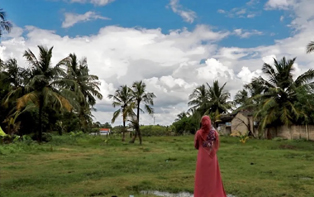 |
Politically motivated sexual violence directed against women is an issue that is seldom the subject of widespread media coverage yet it profoundly affects millions of women in communities worldwide. Organized rape is a tactic used to denigrate and repress political prisoners and victims of war and it is often under reported due to the stigma attached to being a victim of this crime in many parts of the world |
Rather than existing as a side effect of war, in countries such as Darfur, Pakistan, Peru, Serbia and Rwanda mass rape has been systematically used as a tool for ethnic cleansing, to spread HIV, extract information and to terrorize rival tribes, movements and dissidents.
In the Rwandan genocide of 1994 is it calculated that approximately half a million women were raped by the Hutu militia in an effort to ethnically cleanse the Tutsi minority. It is estimated that seventy percent of the survivors are living with HIV/AIDS today and this legacy has had a devastating effect on the populace. In Serbia rape camps were used as a methodical instrument of ethnic cleansing to demoralise and disperse the Muslim and Croat population, the Karadzic leadership used a sports complex in the town of Foca to systematically rape women from these communities for two months in 1992. In Sierra Leone the United Nations reports the widespread institutional abduction of girls and women by militias for rape and sexual slavery. In rural India sexual violence has been used to suppress poor communities who defy the elite to demand land rights and higher wages, it has also been used by the police to silence activists who uncover corruption. In Tibet, China has orchestrated unsanctioned mass sterilization and organized rape against Tibetan women, imprisoned female political activists and nuns are repeatedly sexually assaulted as a tactic to break the spirit of the dissident community. In Iran there is a 30 year documented history of sexual violence used as a torture method to humiliate prisoners and victims often remain silent due to the cultural stigma attached to speaking about such incidents. In some cases both children and women are reported to have been raped in front of their husbands, relatives and communities as a barbaric strategy to quash resistance and break down society to achieve military aims.

The true scope of the problem can only be estimated as rape is often used as a precursor to murder in many cases. For the most part sexual assault goes unpunished due to the attitude of indifference towards many forms of violence against women and the implicit acceptance of rape as an unavoidable consequence of war. Victims are often afraid of reprisals if they pursue prosecution and in many parts of the world legislation omits rape in times of war as a prosecutable offence. Unfortunately some peace pacts provide amnesty for the perpetrators and in many cultures a woman who has been raped is considered “unmarriageable” or may be rejected from her community if she is known to be a victim. As a result these crimes frequently go unreported and accurate figures of how pervasive the problem is are often difficult to obtain.
Only now are some countries taking steps to ensure women’s rights are protected in conflict zones. Two weeks ago the Philippine government enacted legislation which calls for specialized training to be provided to military, police and civilians to protect women during armed conflicts and post-conflict reconstruction. The new legislation promotes the participation of women in the peacekeeping and conflict resolution process and also calls for a monitoring and reporting system to ensure that violations of women’s rights are evaluated and dealt with accordingly.
Recently the International Criminal Tribunal for Rwanda (ICTR) declared that rape is a form of genocide, The commission stated that “sexual assault formed an integral part of the process of destroying the Tutsi ethnic group and that the rape systematic and had been perpetrated against Tutsi women only, manifesting the specific intent required for those acts to constitute genocide” The tribunal set a precedent in designating rape as a war crime rather than a “trophy of war,” to date it has completed 21 trials and convicted 29 accused persons whilst another 11 trials are in currently in progress.
As the issue becomes more accurately documented there is hope that awareness will breed action in the international community. Activists are terming this form of violence against women “sexual terrorism” and the United Nations Secretary General praised the ICTR’s recognition of this issue, stating “in a number of contemporary conflicts, sexual violence has taken on particularly brutal dimensions, sometimes as a means of pursuing military, political, social and economic objectives.” Hopefully more initiatives will be taken to help evaluate vulnerable communities and take steps to prevent sexual violence against women in conflict zones in the future.
by Naomi Pattirane
TAKE ACTION Sign The International Violence Against Women Act (IVAWA)
ஊடறுவுக்காக தனுஜா



